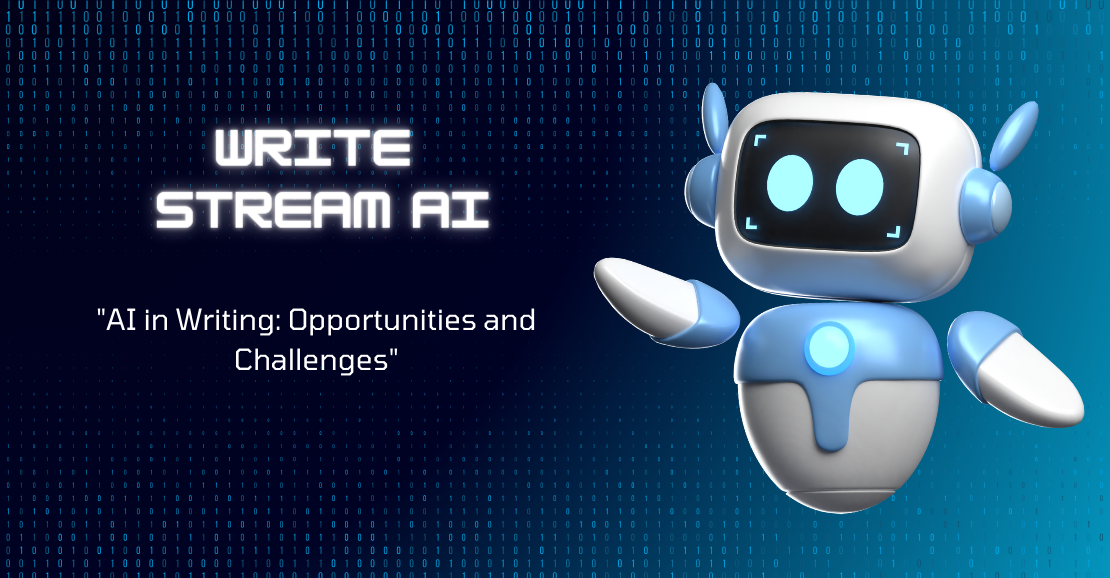Artificial Intelligence (AI) has been making rapid progress in recent years, with applications in various industries such as healthcare, finance, and transportation. However, one area that often goes unnoticed is AI in writing. With the ability to analyze vast amounts of data and generate human-like text, AI is revolutionizing the writing process. From content creation to editing and translating, AI is offering new opportunities for writers and businesses alike. However, with these opportunities come challenges that need to be addressed.
Opportunities:
One of the most significant opportunities that AI presents in writing is its ability to generate content quickly and efficiently. With the use of natural language processing (NLP) and machine learning algorithms, AI can analyze large datasets within seconds and generate relevant and engaging content. This is particularly useful for businesses that need to produce a large volume of content regularly, such as news articles, product descriptions, or social media posts. AI-powered content creation can free up human writers to focus on more creative and strategic tasks.
Another opportunity that AI offers in writing is the ability to personalize content for targeted audiences. By analyzing user data and behavior, AI can generate tailored content for different segments of the audience. This level of personalization can improve the effectiveness of marketing campaigns and increase customer engagement. AI can also generate multiple versions of the same content, making A/B testing more efficient and helping businesses determine the most effective messaging for their audience.
Furthermore, with AI, writers can also expect to see improvements in the editing process. AI-powered tools can help writers with grammar and spelling corrections, and some can even offer suggestions for improving sentence structure and word choice. This can save valuable time for writers and reduce the need for multiple rounds of editing.
Challenges:
While the opportunities presented by AI in writing are significant, there are also challenges that need to be addressed. One major concern is the potential replacement of human writers by AI technology. With the ability to generate human-like content, some fear that AI may take over traditional writing jobs, leaving writers without employment opportunities. However, it is essential to note that AI is designed to assist human writers rather than replace them. Its purpose is to help writers be more productive and efficient, not to completely replace them.
Another challenge is the ethical implications of AI-generated content. With the advancement of AI, it has become challenging to distinguish between human-written and AI-generated content. This raises concerns about the credibility of information and the potential for spreading fake news or biased content. As AI technology continues to progress, it is crucial to establish ethical guidelines and regulations to ensure the responsible use of AI in writing.
Moreover, with the increased use of AI in writing, there is also a risk of creating a homogenized writing style. As AI is trained on existing data, it may have a bias towards specific writing styles or language. This could result in a lack of diversity in writing, which could limit creativity and originality.
Conclusion:
AI is undoubtedly transforming the writing process, offering new opportunities and challenges for writers and businesses. However, it is essential to understand that AI is a tool and not a replacement for human writers. Its purpose is to assist and enhance the writing experience, not replace it. To fully harness the potential of AI in writing, it is crucial to address the ethical concerns and establish guidelines for responsible use. With the right approach, AI can revolutionize the writing industry and open up new possibilities for writers and businesses alike.























Write your comment
Cancel Reply